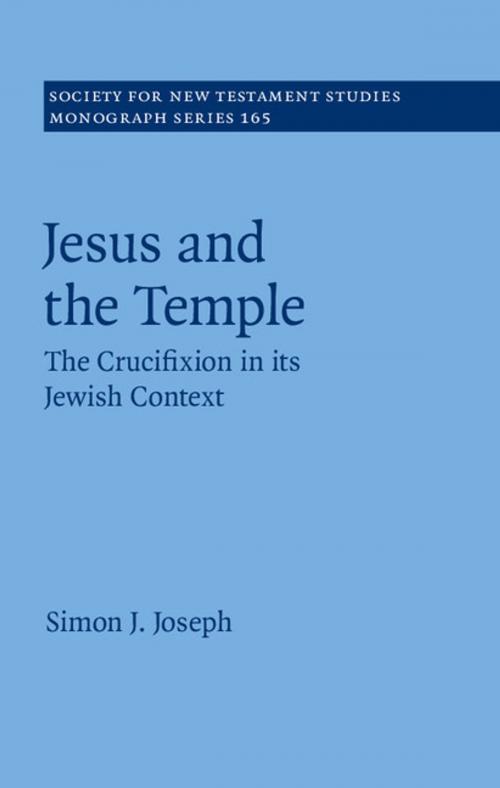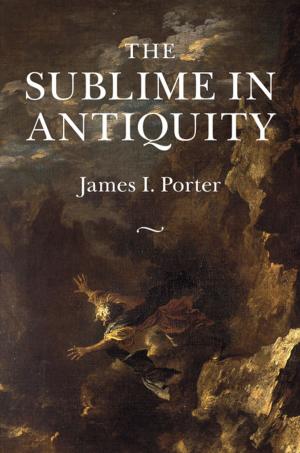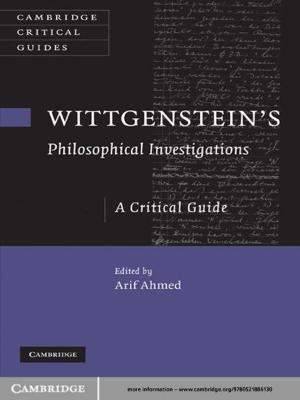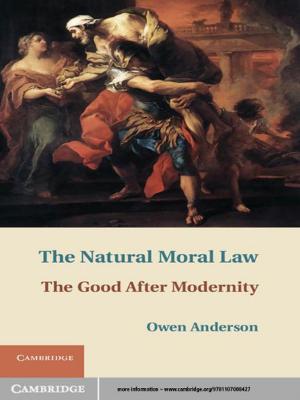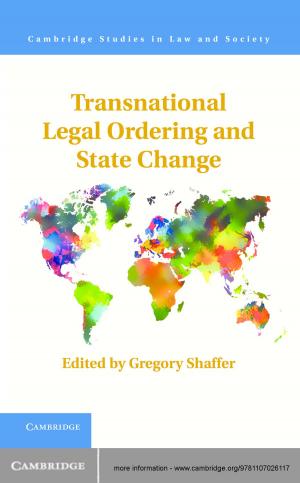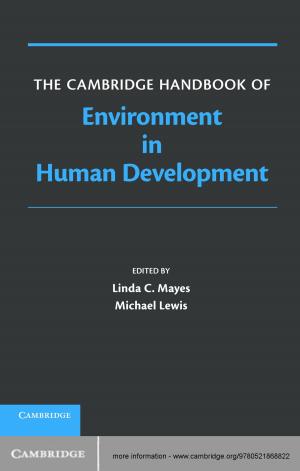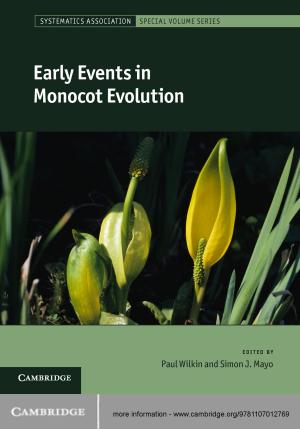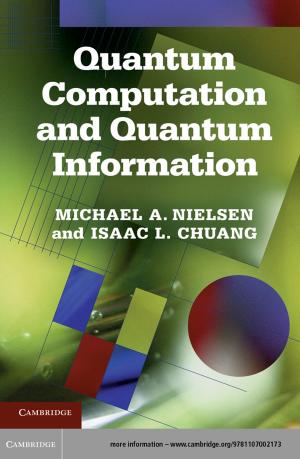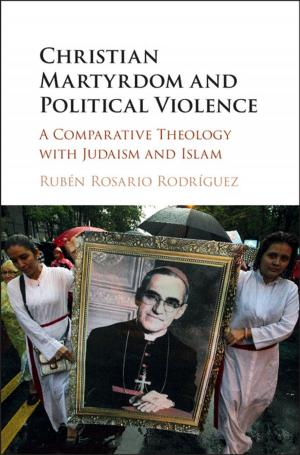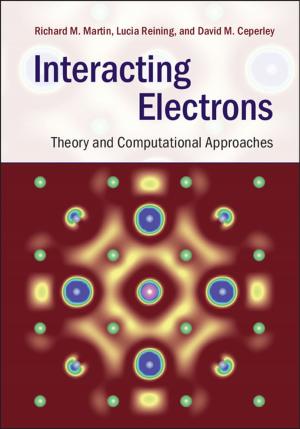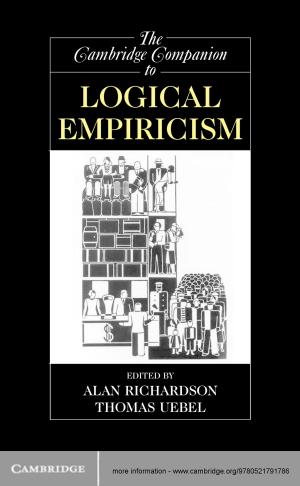Jesus and the Temple
The Crucifixion in its Jewish Context
Nonfiction, Religion & Spirituality, Bible & Bible Studies, New Testament, Study| Author: | Simon J. Joseph | ISBN: | 9781316482100 |
| Publisher: | Cambridge University Press | Publication: | January 8, 2016 |
| Imprint: | Cambridge University Press | Language: | English |
| Author: | Simon J. Joseph |
| ISBN: | 9781316482100 |
| Publisher: | Cambridge University Press |
| Publication: | January 8, 2016 |
| Imprint: | Cambridge University Press |
| Language: | English |
Most Jesus specialists agree that the Temple incident led directly to Jesus' arrest, but the precise relationship between Jesus and the Temple's administration remains unclear. Jesus and the Temple examines this relationship, exploring the reinterpretation of Torah observance and traditional Temple practices that are widely considered central components of the early Jesus movement. Challenging a growing tendency in contemporary scholarship to assume that the earliest Christians had an almost uniformly positive view of the Temple's sacrificial system, Simon J. Joseph addresses the ambiguous, inconsistent, and contradictory views on sacrifice and the Temple in the New Testament. This volume fills a significant gap in the literature on sacrifice in Jewish Christianity. It introduces a new hypothesis positing Jesus' enactment of a program of radically nonviolent eschatological restoration, an orientation that produced Jesus' conflicts with his contemporaries and inspired the first attributions of sacrificial language to his death.
Most Jesus specialists agree that the Temple incident led directly to Jesus' arrest, but the precise relationship between Jesus and the Temple's administration remains unclear. Jesus and the Temple examines this relationship, exploring the reinterpretation of Torah observance and traditional Temple practices that are widely considered central components of the early Jesus movement. Challenging a growing tendency in contemporary scholarship to assume that the earliest Christians had an almost uniformly positive view of the Temple's sacrificial system, Simon J. Joseph addresses the ambiguous, inconsistent, and contradictory views on sacrifice and the Temple in the New Testament. This volume fills a significant gap in the literature on sacrifice in Jewish Christianity. It introduces a new hypothesis positing Jesus' enactment of a program of radically nonviolent eschatological restoration, an orientation that produced Jesus' conflicts with his contemporaries and inspired the first attributions of sacrificial language to his death.
